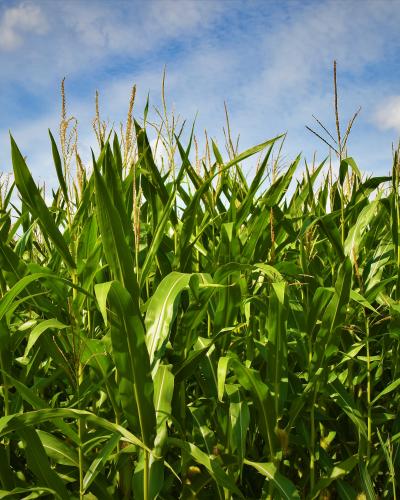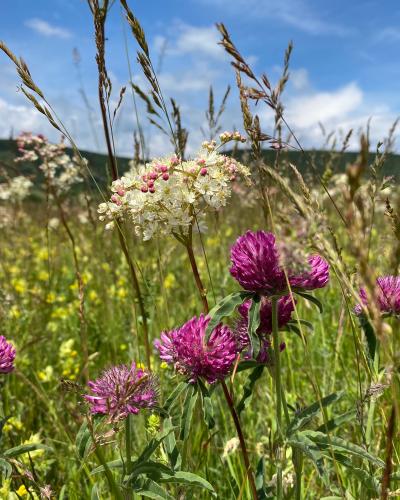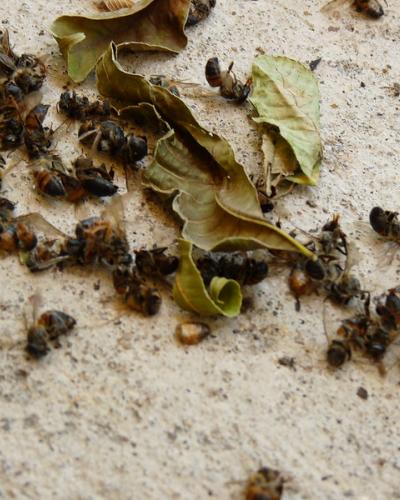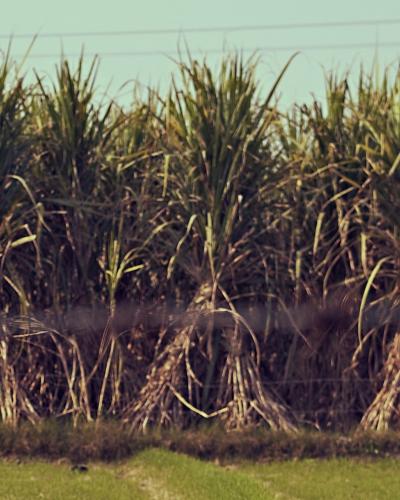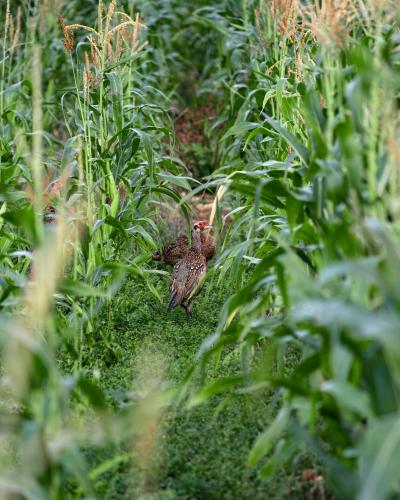Conventionally grown corn is typically managed intensively with chemicals to combat weeds and insect pests that infest the plants or the ears of corn, and most corn grown in the U.S. is...
Nov 01, 2021
The ever-growing global population demands more food production, while at the same time, increased farming intensity has contributed to the depletion of important insect populations. A recent...
Aug 09, 2021
Brain development and cognition is influenced by environmental factors and the most formative time occurs before birth and during childhood. A unique study recently published in the journal...
Jul 26, 2021
In contrast to conventional farming, organic farming relies more on natural processes than chemicals to manage and prevent pests and diseases. A new study published in the journal Agronomy shows...
Jul 19, 2021
Chemicals sprayed in agriculture can drift from the target field during spray events, impacting human exposure and neighboring crops. A recent study published in the journal Environmental...
Jul 12, 2021
Glyphosate is the most widely used chemical in history, and its prevalence around the globe has caused concern for environmental and human health risks. The body of science that connects...
May 10, 2021
The chemical glyphosate, commonly used in herbicide formulas for at-home and agricultural uses, has received a lot of attention for its negative consequences on human health and its impacts on...
Apr 26, 2021
A recent study published in the journal Applied Soil Ecology found that after only 1-2 years after transitioning from conventional to organic practices, important soil invertebrate communities can...
Apr 19, 2021
A recent study in the journal Environmental Pollution is the first to show that chronic exposure to pesticides reduces fitness and reproduction of birds. Populations of farmland birds have been...
Apr 12, 2021
A study from Environmental Pollution compared pesticide residues in soil from organic and conventional farms across the European Union and found that organic farms had up to 90% fewer residues....

